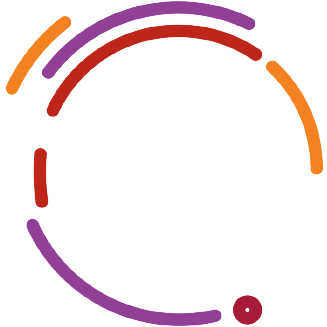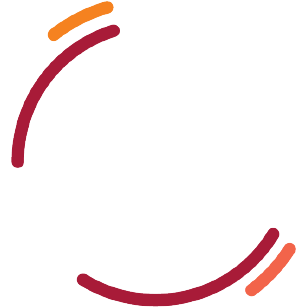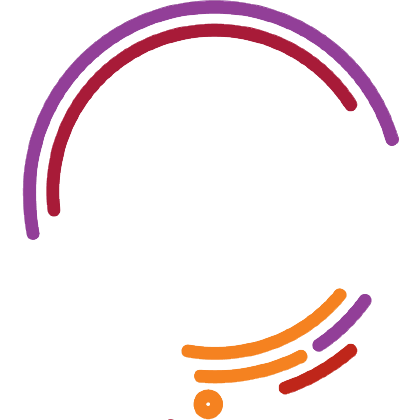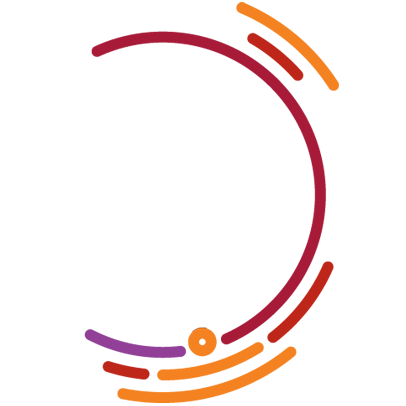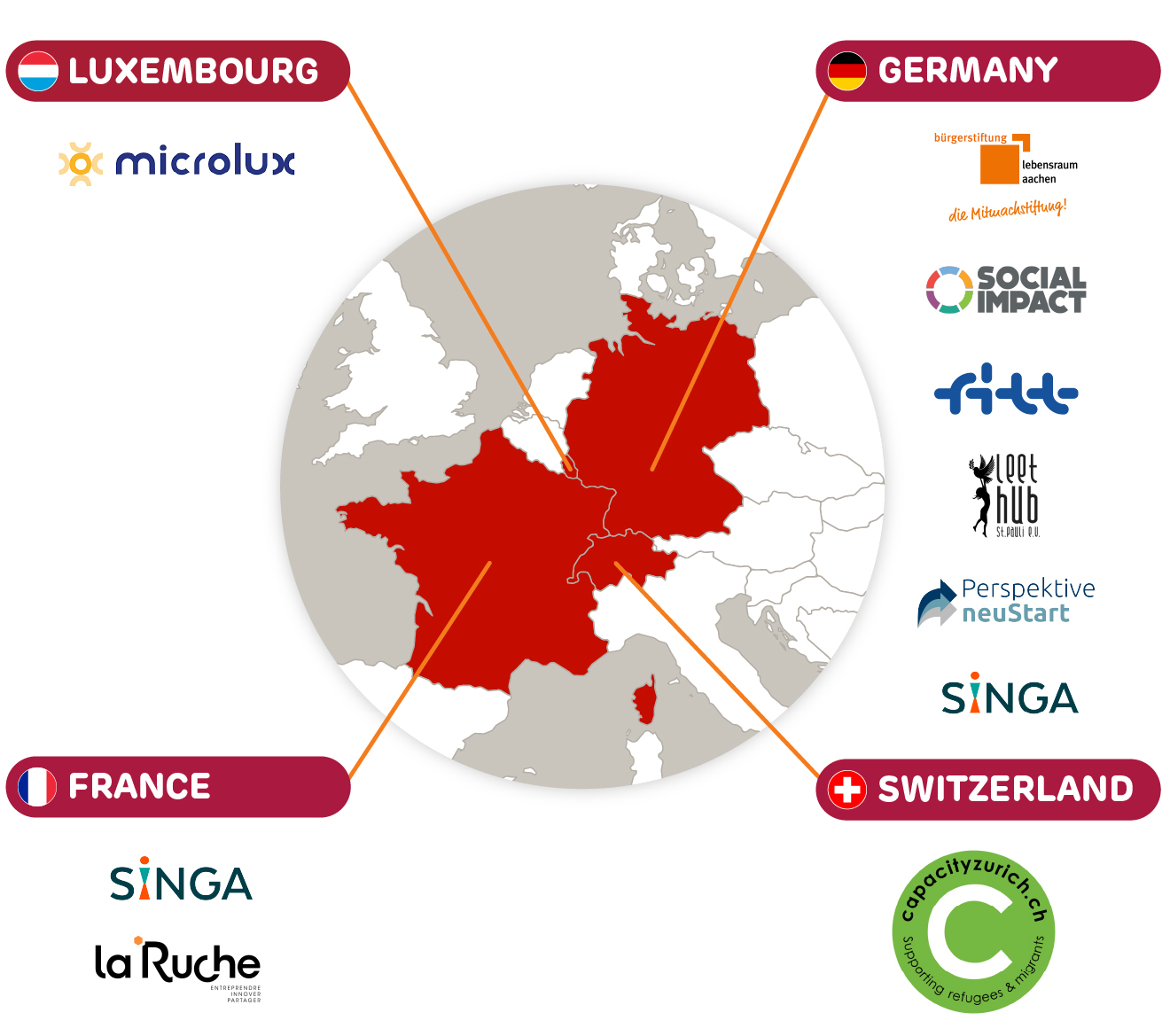The Human Safety Net is a global movement of people helping people, launched in 2017, that supports families with young children and the integration of refugees through works and entrepreneurship.
The Human Safety Net wants refugees and asylum seekers to gain a foothold in their community and enable them to act on their aspirations. To this end, we want to help them access income opportunities, through a business they created. Income and economic opportunity are intimately tied with broader social inclusion and community-building activities, with the ultimate objective of creating equal and just societies.




